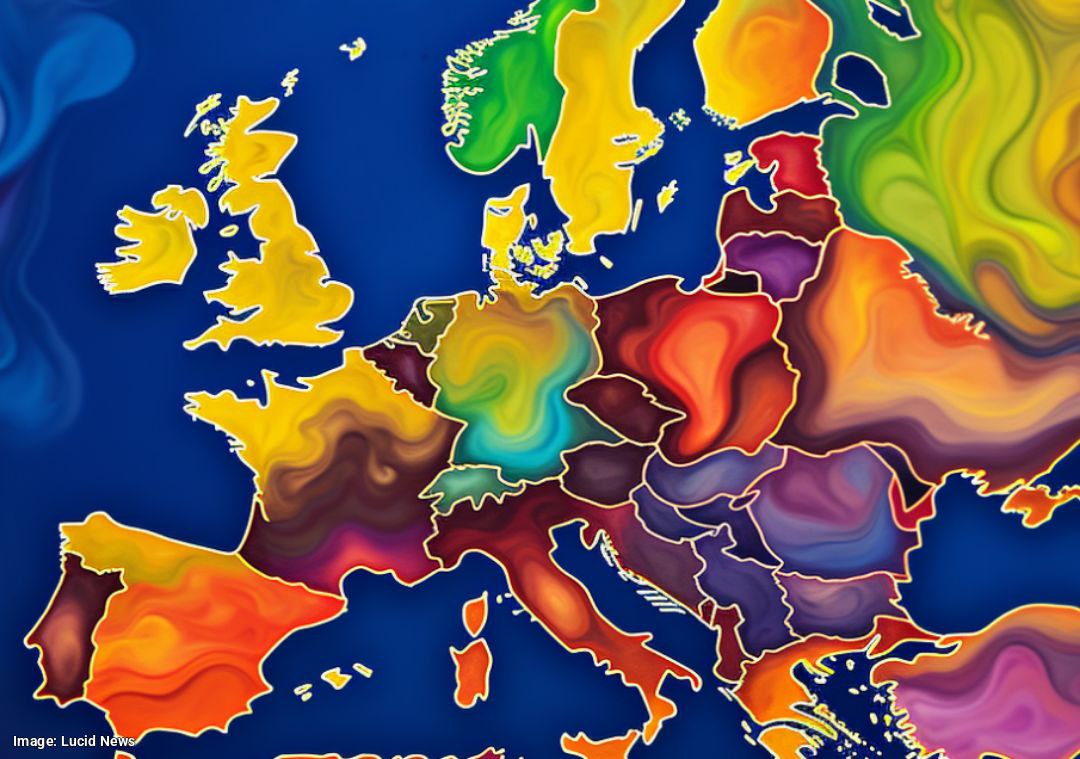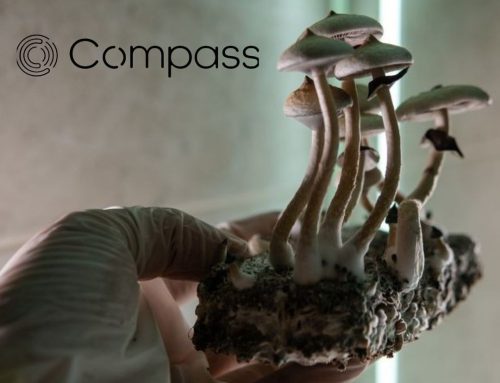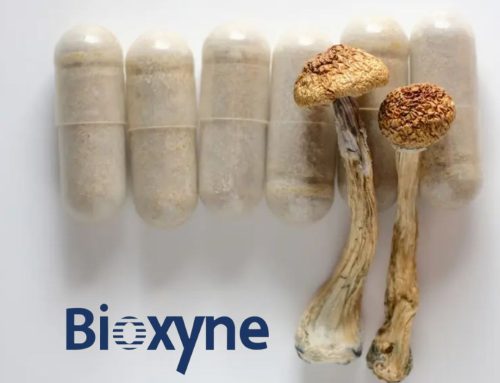Europe Advances Psychedelic Medicine with Targeted Approvals in Three Nations
BERLIN – Switzerland’s long-standing framework for psychedelic treatments has set a course for its neighbors, as Germany and the Czech Republic roll out their own programs to address stubborn mental health conditions. These steps mark a cautious expansion of therapies using psilocybin, with Switzerland also permitting limited use of LSD and MDMA, signaling a shift toward regulated access across the region.
In Switzerland, the Federal Office of Public Health issued 723 authorizations for psychedelic-assisted therapy in 2024 alone [348 for psilocybin, 245 for MDMA, and 130 for LSD] administered by roughly 100 licensed physicians at 80 private practices and 15 institutions, including university hospitals. This builds on a program dating back to the 1980s, when five psychiatrists tested LSD and MDMA for disorders like anxiety and addiction, and it now integrates substances into standard psychotherapy, often in group or individual sessions led by trained nurses or therapists. Helena Aicher, a psychologist focused on psychedelic research, describes the system as disciplined: “It’s not the wild west,” she says, noting that while risks exist [like any therapy] post-session integration drives the real gains.
Germany followed in July, launching the European Union’s first compassionate access program for psilocybin to treat treatment-resistant depression, a condition affecting tens of thousands there. Approved at two sites [the Central Institute of Mental Health in Mannheim and OVID Clinic in Berlin], the initiative skips case-by-case reviews, allowing eligible adults inpatient doses up to 25 milligrams, with options for boosters or group formats. Gerhard Gründer, the psychiatry professor behind the effort, anticipates starting with 50 patients annually per center, scaling to a dozen facilities as demand clarifies. Early data from trials elsewhere supports psilocybin’s edge over placebos in easing severe depression symptoms by up to 80% in some cohorts, though long-term outcomes remain under study.
Across the border, the Czech Republic cleared an amendment in June to legalize medical psilocybin from January 2026, carving out a distinct therapeutic track from its Schedule I status, much like its medical Cannabis model. Restricted to psychiatrists or psychotherapists with specialized training, the program targets cases such as end-stage cancer distress, PTSD, and eating disorders where conventional options fall short. Legislation also eyes MDMA for similar applications, per ongoing drafts. Tomáš Páleníček, who leads the nation’s Psychedelic Research Center, highlights the evidence base: controlled studies show psilocybin reducing suicidal ideation by half in high-risk groups. Yet producing pharmaceutical-grade supplies in hospital labs poses a near-term hurdle, one that could delay rollout by months.
These programs reflect a pragmatic bet on psychedelics’ potential, backed by trials demonstrating remission rates double those of antidepressants in refractory patients, without the daily dosing demands. Costs, however, run high [up to 5,000 euros per course], limiting reach until insurers weigh in, and ethical questions linger on equity for underserved populations. Switzerland’s decade-plus track record offers a blueprint: structured oversight minimizes misuse while fostering data collection, a lesson Germany and the Czech Republic appear to absorb.




































